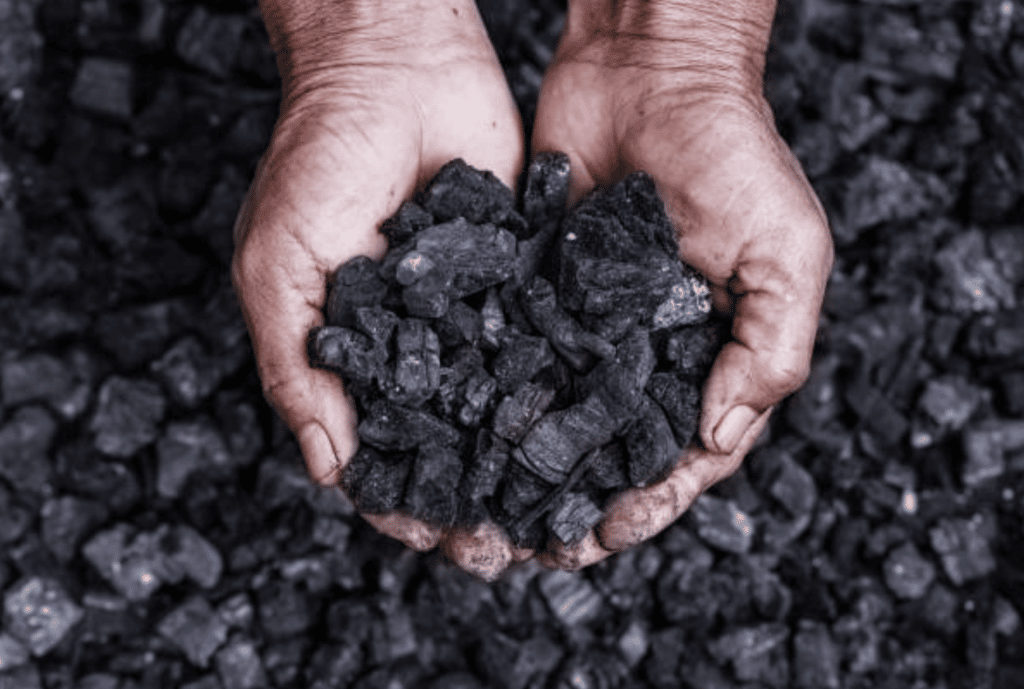Coal Mining and Health: The Role of Coal Board Medicals
- Author: Eli Waters Medical Centre
- Published:
Coal mining has been an essential industry for centuries, providing a crucial source of energy for many countries. However, it also poses numerous health risks to the workers in the industry. In this article, we’ll take a closer look at the health hazards associated with coal mining and the role of coal board medicals in protecting coal miners.

Understanding the Health Risks Associated with Coal Mining
Coal miners face numerous health risks daily with some of the most common hazards including:
Dust and Fume Inhalation: Coal mining generates significant amounts of dust and fumes, which can have serious health consequences for miners. Inhaling coal dust can lead to the development of black lung disease, a debilitating respiratory illness caused by the accumulation of coal dust in the lungs. In addition, miners are also exposed to fumes generated by the burning of coal, which can cause headaches, dizziness and eye irritation.
Noise-Induced Hearing Loss: Mining operations generate high levels of noise, which can lead to hearing loss over time. This can be particularly problematic for miners who are exposed to loud noise daily.
Respiratory Problems: In addition to black lung disease, miners are also at risk of developing other respiratory problems, including bronchitis and emphysema. These conditions can be caused by inhaling dust and fumes generated by coal mining and can be exacerbated by exposure to high levels of noise and vibration.
Repetitive Strain Injuries: Coal miners perform regular physically demanding work, which can lead to the development of repetitive strain injuries such as carpal tunnel syndrome and tendonitis. These conditions can be caused by repetitive movements, awkward postures, and the use of vibrating tools and can have a significant impact on a miner’s quality of life.
Occupational Skin Diseases: Miners are also at risk of developing skin conditions such as dermatitis and skin cancer due to exposure to harsh chemicals and pollutants.
It is important to note that these are just a few examples of the health risks associated with coal mining, and miners may face other health hazards depending on their specific work environment.
The Importance of Regular Medical Examinations for Coal Miners
To protect coal miners from the above and other health risks, regular medical examinations are essential.
Coal board medicals are an important tool in identifying and preventing health problems among coal miners. Regular medical examinations help to identify health problems at an early stage, allowing miners to receive treatment before the condition worsens. In addition, medical examinations also provide a comprehensive overview of a miner’s health, enabling healthcare professionals to provide advice and support on how to maintain good health.
What to Expect during a Coal Board Medical Examination
During a coal board medical examination, miners can expect to undergo a range of tests and assessments, including:
- Physical examination
- Hearing test
- Lung function test
- Skin examination
- Respiratory questionnaire
The results of these tests and assessments are then used to determine a miner’s fitness for work and to identify any health problems that may need to be addressed.
Frequently Asked Questions
The frequency of medical examinations required varies depending on your state and situation. In Queensland, a coal board medical exam is valid for five years but if you change employers during that time, you may be required to take another exam for your new position.
If a miner is found to have a health problem, the healthcare professional conducting the examination will advise the miner on the best course of action and provide support in accessing appropriate treatment. In some cases, a miner may be referred to a specialist for further treatment.
Yes, in most jurisdictions, coal board medicals are mandatory for all coal miners to ensure their health and safety while working in the industry.
Helping Miners Stay Healthy & Safe
At Eli Waters Medical Centre, Hervey Bay, we are certified to perform Coal Board examinations and are committed to accurately assessing your capacity to work. With our state-of-the-art facilities and commitment to patient-centred care, you can feel confident you are receiving the best medical care possible. Book an appointment with us online or give us a call on 0434 918 580.




